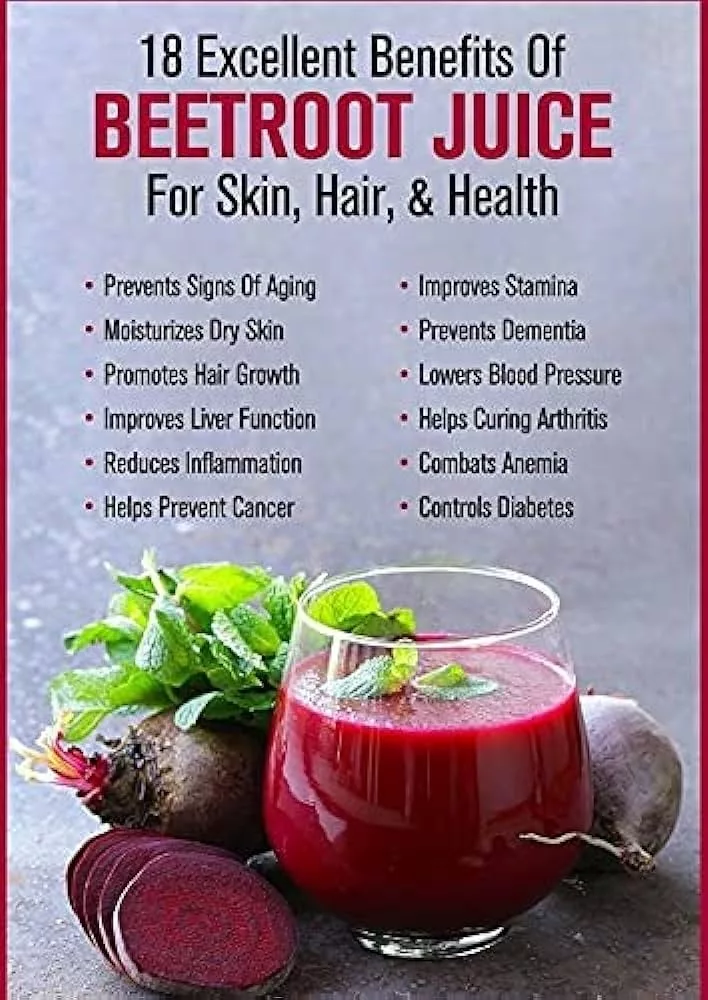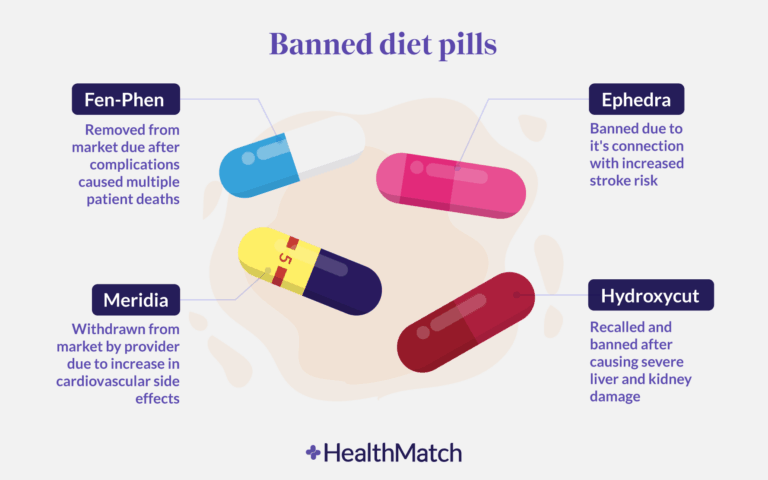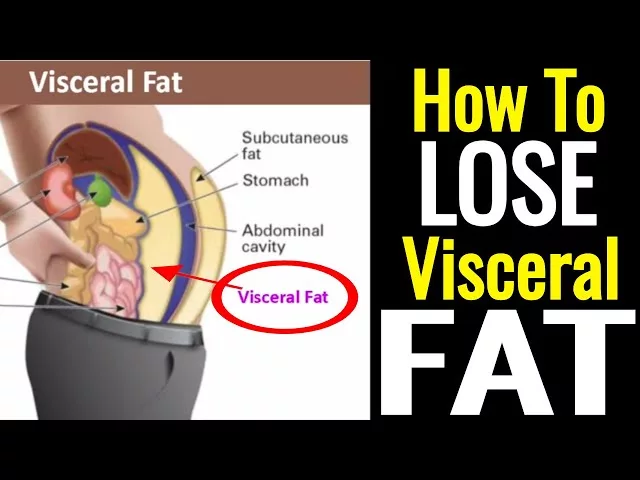Whole Food Diet: Nourishing Your Body with Natural Goodness
Introduction
Maintaining a healthy diet is essential for overall well-being, and one approach that has gained popularity is the whole food diet. The whole food diet emphasizes consuming minimally processed foods that are as close to their natural state as possible. In this blog post, we will explore the concept of a whole food diet, its benefits, and practical tips for incorporating it into your lifestyle.
Understanding the Whole Food Diet
The whole food diet focuses on consuming foods that are unrefined and minimally processed. It encourages the intake of fruits, vegetables, whole grains, legumes, nuts, seeds, and lean proteins while minimizing or avoiding processed foods, refined sugars, artificial additives, and unhealthy fats. By prioritizing nutrient-dense foods in their natural form over highly processed alternatives, the whole food diet aims to provide your body with optimal nutrition.
Benefits of a Whole Food Diet
- Nutrient-Rich: Whole foods are packed with essential nutrients such as vitamins,minerals,fiber,and antioxidants.These nutrients support various bodily functions,maintain energy levels,and promote overall health.
- Weight Management: A whole food diet can help manage weight effectively due to its emphasis on nutrient-dense foods that keep you satisfied for longer periods and reduce cravings for unhealthy snacks.
- Improved Digestion: Whole foods are rich in dietary fiber which aids digestion by promoting regular bowel movements,reducing constipation,and supporting a healthy gut microbiome.
- Heart Health: The inclusion of heart-healthy fats from sources like avocados,nuts,and seeds in a whole food diet can help lower cholesterol levels and reduce the risk of heart disease. 5.Enhanced Energy Levels:Avoiding highly processed foods and focusing on wholesome options can lead to increased energy levels throughout the day,making you feel more alert,focused,and productive.
Practical Tips for Following a Whole Food Diet
- Choose Fresh Produce: Opt for fresh fruits and vegetables whenever possible. They are rich in vitamins, minerals, and antioxidants. Include a variety of colors to ensure a wide range of nutrients.
- Whole Grains: Replace refined grains with whole grains like brown rice, quinoa, and whole wheat bread. These provide more fiber and nutrients compared to their processed counterparts.
- Plant-Based Proteins: Incorporate plant-based protein sources such as legumes (beans, lentils), tofu, tempeh, or edamame into your meals. They offer protein along with fiber and other beneficial nutrients.
- Healthy Fats: Include sources of healthy fats like avocados, nuts (almonds,walnuts),and seeds (chia seeds,hemp seeds) in your diet.They provide essential fatty acids that support brain function and overall health. 5.Minimize Processed Foods: Limit the consumption of processed foods such as sugary snacks,sodas,and fast food.These are often high in added sugars,sodium,and unhealthy fats while lacking essential nutrients.
Incorporating Whole Foods into Your Lifestyle
1.Shop at Local Farmers’ Markets: Visit local farmers’ markets to find fresh,seasonal produce that is grown locally.Supporting local farmers not only ensures fresher ingredients but also promotes sustainability.
2.Cook at Home: Prepare meals at home using whole ingredients.This allows you to have control over the quality of the food you consume and enables you to experiment with different flavors and cooking techniques.
3.Meal Planning: Plan your meals ahead of time by incorporating a variety of whole foods.Include a balance of fruits,vegetables,whole grains,and lean proteins in each meal.This helps ensure that you meet your nutritional needs throughout the day.
4.Snack Smartly: Instead of reaching for processed snacks,opt for whole food options like fresh fruit,nuts,and homemade energy bars.These provide sustained energy and essential nutrients.
5. Read Labels: When purchasing packaged foods, read the labels carefully. Look for products with minimal ingredients, no added sugars or artificial additives,and recognizable whole food ingredients.
Conclusion
The whole food diet offers numerous benefits by prioritizing natural,nutrient-dense foods over highly processed options.By embracing a whole food lifestyle,you nourish your body with the goodness it deserves.Incorporate fresh produce,whole grains,and lean proteins into your meals while minimizing processed foods.The result will be improved overall health,vitality,and well-being.Consulting with professionals can also provide guidance tailored to your specific needs.Start your journey towards optimal health with a wholesome whole food diet!



